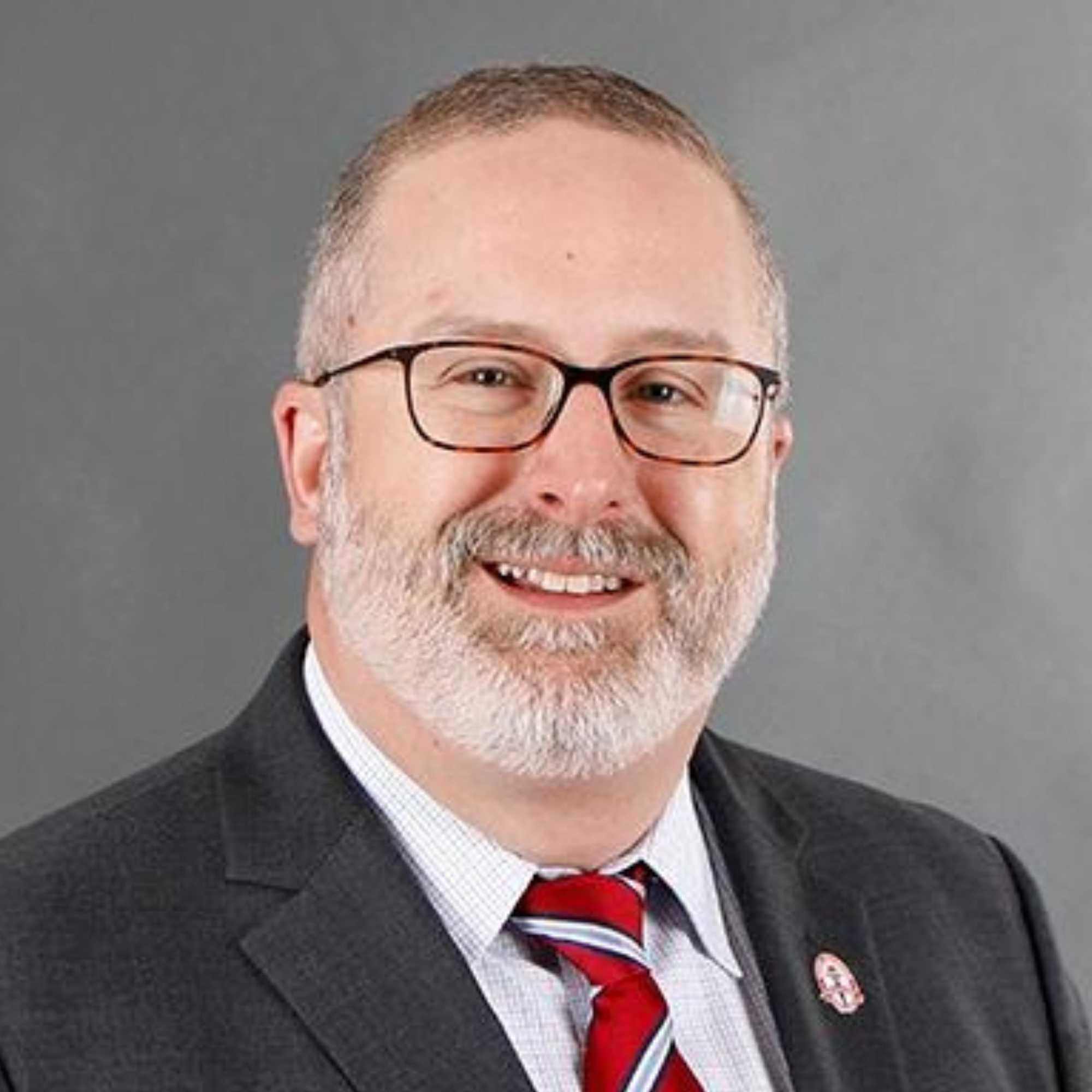Americans are concerned with the state of our colleges and universities. Last summer, the Gallup organization reported that only 36 percent of those polled reported “a great deal” or “quite a lot” of confidence in higher education. Most were ambivalent or negative, with 40 percent of respondents expressing only “some” and 22 percent claiming “very little” confidence. Similar polls from 2015 and 2018 demonstrate a pattern of increased mistrust over the past decade.
There is no doubt many reasons for this trend. Overall, Americans trust institutions across the board far less than was the case in previous generations. We are in an age of mistrust, sometimes for understandable reasons. Also, the cost of a college education has increased nearly 70 percent since the turn of the century. Many Americans are questioning whether a college education is worth the financial investment. This is sometimes complicated by the fact that prospective students, parents, and politicians have increasingly embraced a transactional view of education that simplistically equates education with job credentialing.
Conservatives have their own unique cluster of concerns. There is the growing influence of critical social theories in higher education, operationalized in the quasi-religious commitment to DEI initiatives and coercive enforcement LGBTQ+ ideology even at Christian institutions. There are the recent controversies over campus anti-semitism and academic dishonesty at some of our nation’s most prestigious universities. There is the perception that elite universities will do anything to silence their critics, especially those who are conservative, and use misdirection tactics to claim that critics are really motivated by racial animus or other odious ideas.
In light of all this confusion and controversy it should come as little surprise that a recent poll of likely voters indicates 49 percent support taxing the endowments of private universities while only 19 percent oppose such a move. Thirty-two percent of the respondents are unsure what they think about the matter.
I have been a persistent critic of unhealthy tendencies in higher education, whether they are driven by progressive worldview assumptions or unthoughtful pragmatism. I also resonate with concerns about ivory tower elites who detest the values of everyday Americans. But taxing the endowments of private institutions is not the solution. Though understandable, this approach would be a misguided policy that misunderstands the realities of private higher education in America.
Yes, we have an endowment. And yes, it is worth millions of dollars. But that money does not pay for extravagant faculty salaries, luxurious student dormitories, lazy rivers, or gourmet food services. The overwhelming majority of the endowment is for student scholarships. Our endowment makes it possible for students who cannot otherwise afford a private Christian education—or often any sort of college education—to earn a degree from our university.
At my university, we aren’t coastal elites who resent the concerns of small-town America. We aren’t progressive social engineers who are bent on indoctrinating students to hate the values of their parents. We aren’t a wealthy institution with a huge endowment and a rich faculty that is insulated to the struggles of most Americans to make ends meet. We are just trying to be good stewards of our limited resources so that we can educate students to be transformational leaders for church and society. And ours is the story of hundreds of private Christian colleges and universities.
If you are rightly concerned about the state of American higher education, the answer is not to tax the endowments of private institutions. Rather, the way forward is to stop sending your children and your donations to institutions that have lost their way. Instead, invest in private schools that continue to affirm the Christ-centered vision for education that used to characterize most of our elite institutions before they abandoned the visions of their founders. Most of us aren’t Harvard—and have no desire to be.
Don’t project the problems of the Ivy League upon the small Christian school down the road. Support Christ-first institutions that remain faithful to their mission, connected to their communities, and committed to the students whom the Lord—and their parents—entrust to their influence.

